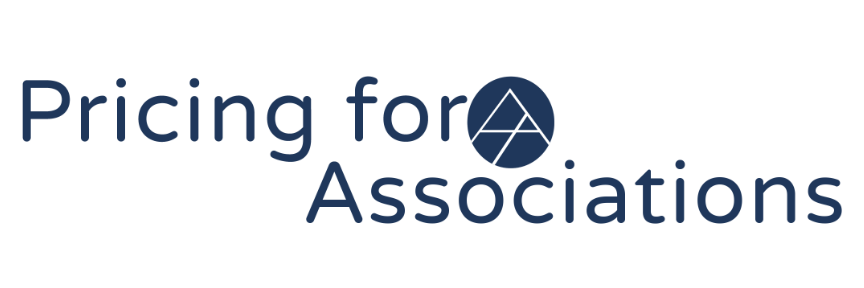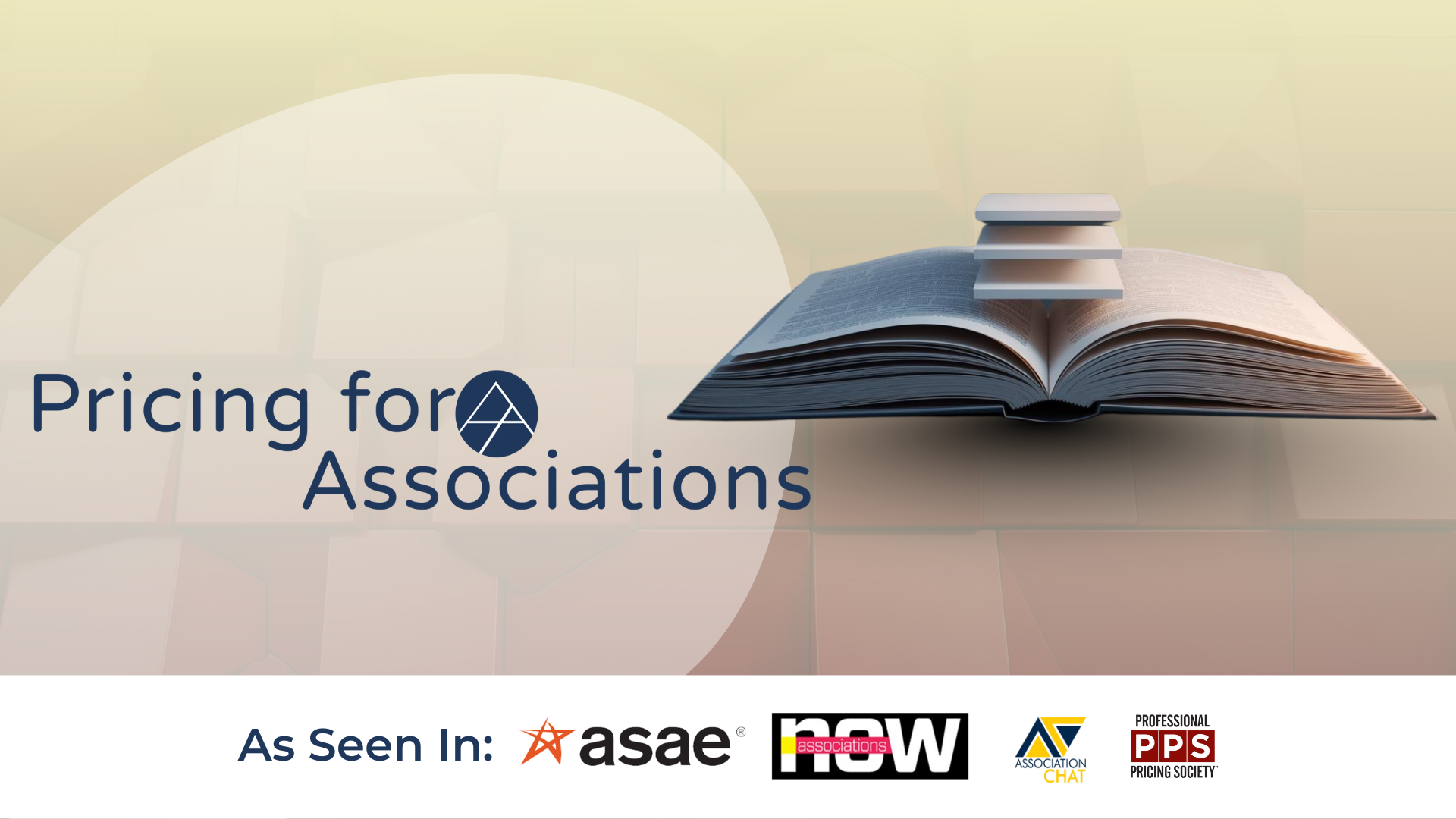How One Association Strengthened Its Education Strategy With Value-Based Pricing
How do you price a program in a way that reflects its true learning impact? And how do you communicate that value clearly so members understand the transformation, not just the content?
When associations launch new educational programs, pricing becomes more than just a financial decision, it's a strategic one.
One professional association recently developed new certificate and competency-based learning programs designed to help members deepen their skills and confidence. To ensure strong enrollment and long-term sustainability, they needed a pricing strategy that aligned value, adoption, and revenue goals.
The Core Challenge
The association created three new educational programs that focused on measurable growth, not just hours of training. But they needed to determine how to:
Clearly define the transformation these programs delivered
Price each program in a way that aligned with member value perception
Launch in a way that encouraged participation and sustained engagement
Without the right pricing and value positioning, the programs risked being undervalued — or overlooked.
Key Insights from the Pricing Approach
1. Clarifying Learning Value Before Pricing
Before setting any price points, the association identified the outcomes learners would gain — such as increased confidence, skill improvement, and recognized professional growth.
This ensured pricing reflected transformation, not just content volume.
2. Member and Market Input Informed Decisions
Survey insights, focus groups, and historical learning engagement patterns revealed what members valued most and how pricing influenced participation.
This grounded pricing in real behavior, rather than assumptions.
3. Value-Based Pricing Supported Both Access and Sustainability
By testing pricing scenarios, the association identified a range that balanced affordability with financial sustainability.
The programs could grow while still being accessible to members.
4. Messaging Made Value Visible
Clear communication highlighted the benefit and professional impact of completing the programs — not just the features.
Members responded positively when the narrative framed the programs as pathways to improvement and confidence.
5. A Multi-Year Pricing Roadmap Protected Long-Term Growth
Rather than a one-time set-and-forget price, the association implemented a pricing roadmap that supported evolving program value, future enhancements, and incremental price adjustments.
The Result
With a structured pricing and value approach, the association:
Achieved a significant return on investment within the first year
Saw strong enrollment and engagement in the new programs
Established a scalable model for growing educational value and revenue over time
The programs were understood as meaningful opportunities for professional advancement — not just another set of CE offerings.
Conclusion
Successful pricing for educational programs isn’t just about setting a number. It starts with deeply understanding what members value, clarifying the transformation offered, and communicating that story clearly. When associations align pricing with perceived value and long-term growth planning, they strengthen both learner engagement and financial sustainability.
Are you ready to tackle your association’s pricing problems? Visit www.pricingforassociations.com today to schedule a virtual coffee chat where we can discuss what your organization needs and how we can best support you.


